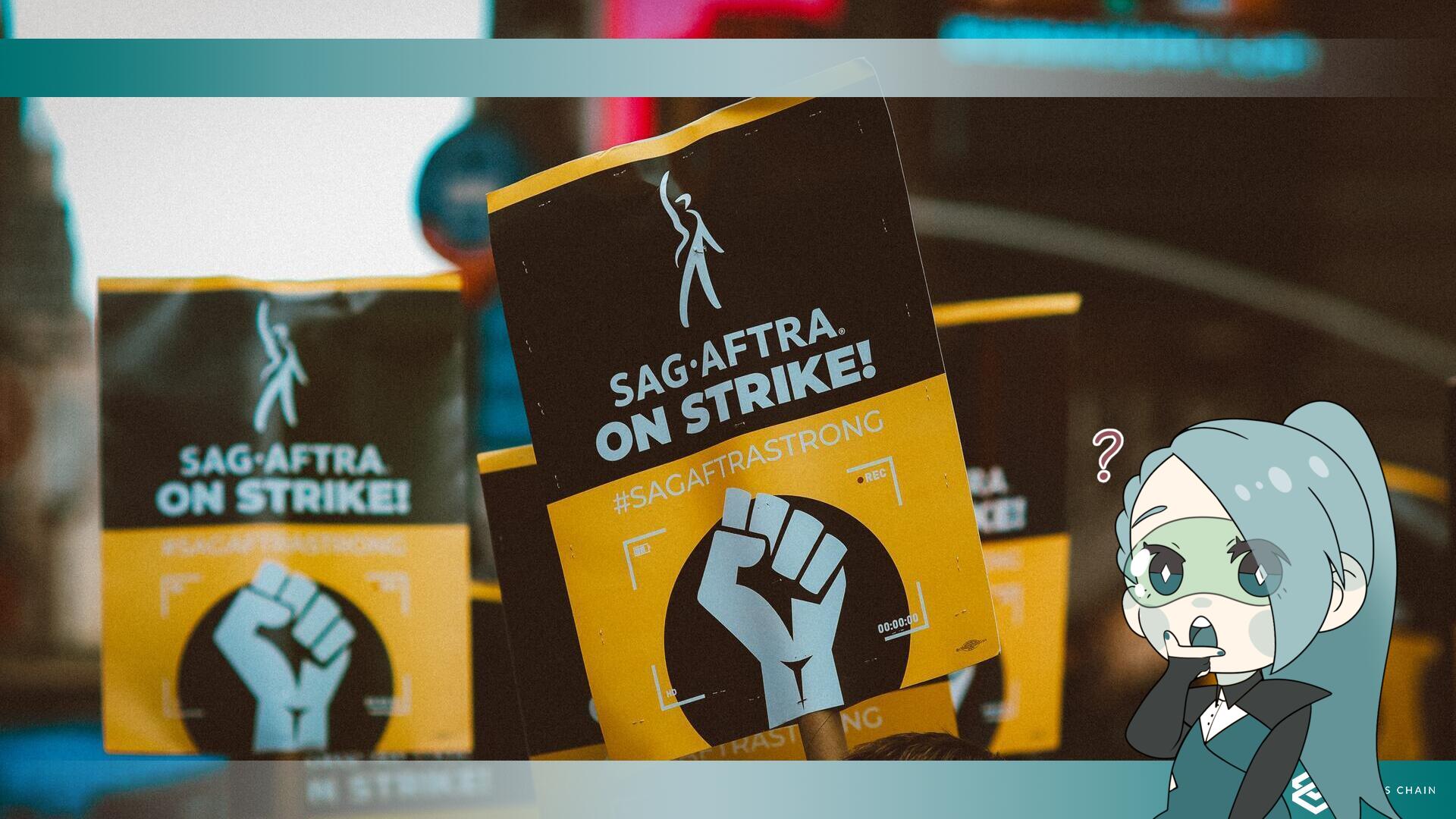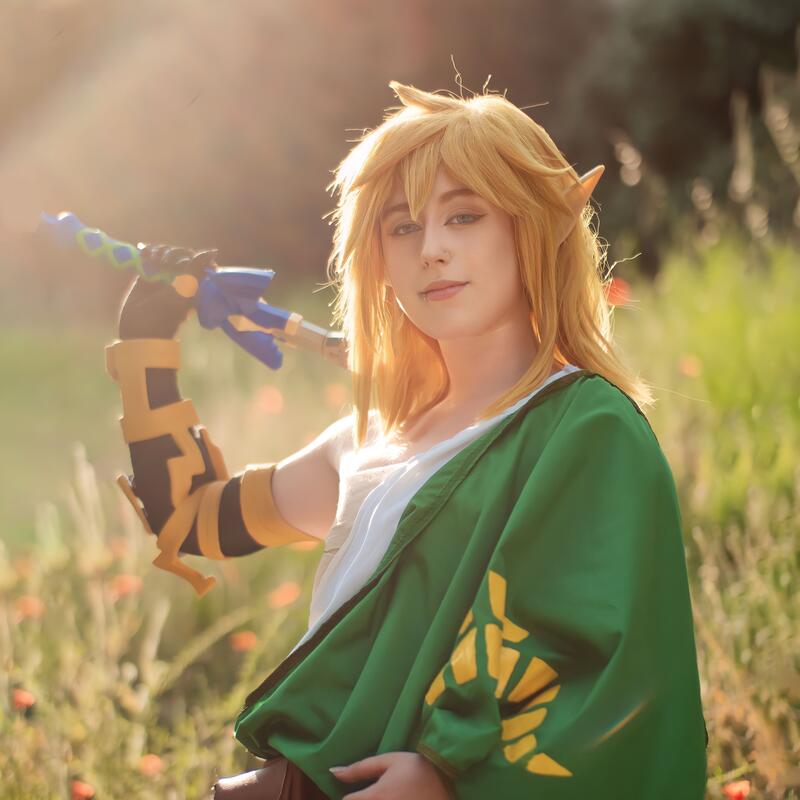The SAG-AFTRA & WGA issue: What's happening in Hollywood?

- 2023-10-29
- Yako
- Business
- Jon Tyson | Unsplash
In order to fully understand the current situation, it's necessary to temporarily turn to the past. Hollywood studios have always stood, and still stand, as the coveted destination for thousands of aspiring artists: actors, screenwriters and directors look to the big "Hollywood" sign on the mountains surrounding the city with hope in their hearts and projects in their hands. In the global cultural imagination, the acting profession is automatically associated with the aesthetics of the famous Los Angeles Studios; such an achievement does not come out of nowhere; the Hollywood dream is now intrinsic to the artistic environment.
Nevertheless, not everything in the garden is rosy. In 1960 occurred, for the first time in the Studios' history, a double strike in which the Writers Guild of America of the time allied with the Screen Actors Guild. The WGA is, still today, a union representing television and film writers working in New York, Hollywood and Southern California; the Screen Actors Guild, on the other hand, joined the American Federation of Television and Radio Artists in 2012, and represents about 170,000 media and entertainment workers, including actors, journalists, dancers, musicians and stuntmen. Sixty-three years later, the double strike appears to be repeating itself today, albeit with substantial differences.
During April 2023, the current Writers Guild of America, representing more than 11,500 screenwriters, voted to strike from the beginning of the following month unless some kind of agreement was reached with the AMPTP (Alliance of Motion Picture and Television Producers) by May 1. The union's discontent was caused, primarily, by the poor compensation for screenwriters through "residuals" due to the advent of streaming media. The form of payment mentioned here refers to long-term payments to those who have worked on films and television shows, negotiated by the unions during the previous double strike mentioned above, for all reruns and other airings since the initial release; in short, this means that those involved receive payment every time the show in question airs on cable television or is bought on physical media - with the advent of streaming, residuals have declined to the point where they reach derisory amounts, despite the fact that streaming services, technically, pay them.
Through the strike mentioned here, WGA members made three demands of the AMPTP: an increase in funding and job security for writers, an expansion of the size of Writers' Rooms, and the restriction of the use of artificial intelligence within the writing process. Failing to reach an agreement between the two associations, the WGA officially began its strike on May 2, 2023, which ended finally only recently, on September 27, 2023.
During the strike period, writers were prohibited from writing, revising, proposing or discussing future projects with WGA members, and were advised to turn to the Entertainment Community Fund in case of financial problems due to lack of work. Participants in the strike occupied their time by protesting through picketing, which intensified considerably during the month of June - Lionsgate producer Ian Woolf went so far as to physically threaten protesters present around the Studios.
July was marked by the beginning of a second strike, which will be explained later. This development caused tension within the environment, further fueled by the AMPTP's statement claiming that they did not expect to return to negotiations with the WGA until October.
According to them, "writers would be strained financially to the point of losing their homes," making them more likely to accept the proposals made.
Over the next few months, the WGA and the AMPTP met several times, trying to reach an agreement that would satisfy everyone. The alliance declared itself willing to find ways to safeguard screenwriters from AI technology, but was not inclined to discuss the other demands. It was only during the month of September that negotiations finally ended and an averagely satisfactory result was reached, which was later ratified on October 9, 2023.
The second major player in this affair is the SAG-AFTRA union named earlier. As mentioned earlier, the month of July was particularly tense from the point of view of the AMPTP, especially considering the fact that after the approval by a 98 percent margin made in June, the union declared the beginning of the strike on July 14, 2023.
The reasons behind this decision are many; as in the previous case, the failure to reach a valid agreement was the main reason, aggravated later by a deep disagreement on streaming "residuals" and the regulation of self-tape auditions, also highlighting the studios' excessive and improper use of artificial intelligence (AI) to scan actors' faces and generate digital performances.
The union's goals revolve around resolving the problems mentioned, starting with the need for ratification of a union agreement and for a new formula for managing residuals within streaming services. In addition, it is now well known how the development of artificial intelligence has sown considerable panic among those in creative professions, the idea that one can be replaced with a click reassures no one - consequently, it becomes essential to find methodologies to prevent AI from replacing actors on set.
The first month of the strike, then, was between mid-July and mid-August, months characterized by particularly high temperatures and an imperative need for protection from the sun. Protestors outside the NBCUniversal Studios, as a result, began to take shelter from the heat under the fig trees on the street - trees that, the next day, were found completely pruned. The company behind the crime received a $250 fine from the municipality, for violating tree laws and destroying city property - a sum so paltry that it made no difference to the Studios' powers-that-be. That said, they were still accused of acting in a way that discouraged or endangered protesters and violated their rights to protest.
As can be seen from this particularly petty affair, the confrontation between SAG-AFTRA and AMPTP was not always respectful.
Negotiations between the two parties came to a temporary halt during August, due to Hurricane Hilary, then resumed during September when the SAG-AFTRA union announced that it remained on strike and stressed the need to renew negotiations with the AMPTP. Within a few weeks the strike expanded to include workers involved in the video game industry: from motion-capture performers to writers and voice actors, as they were not exempt from the current AI situation within the Hollywood environment.
In any case, the negotiations demanded by SAG-AFTRA resumed on Oct. 2 and continued over the next few days, before breaking down on the 11th - both parties regarded each other's proposals as "exaggerated and too extreme," thus leading to mutual discontent. On the 16th of the same month, the union for the workers involved announced plans to schedule negotiations for a new contract dedicated to the videogame industry. Prior to the subsequent meetings dedicated to the resolution of the strike, a considerable number of actors, members of SAG-AFTRA, proposed to personally pay the sums necessary to meet the demands made to the AMPTP-the proposal could not be accepted, as it would not effectively solve any problems.
As mentioned earlier, the behavior of AMPTP members has repeatedly proven to be petty and cruel, both in the clash with SAG-AFTRA and WGA. The alliance allegedly intended to "let things drag on until union members start losing their apartments and houses," so as to force SAG-AFTRA into less favorable bargaining positions.
During the past week, the union announced that the two parties would resume negotiations on the 24th-so they did, but no agreement was reached. As of today, the latest news regarding the matter rumors a potential meeting to be held on the 26th of October.
We will be back with appropriate updates.
